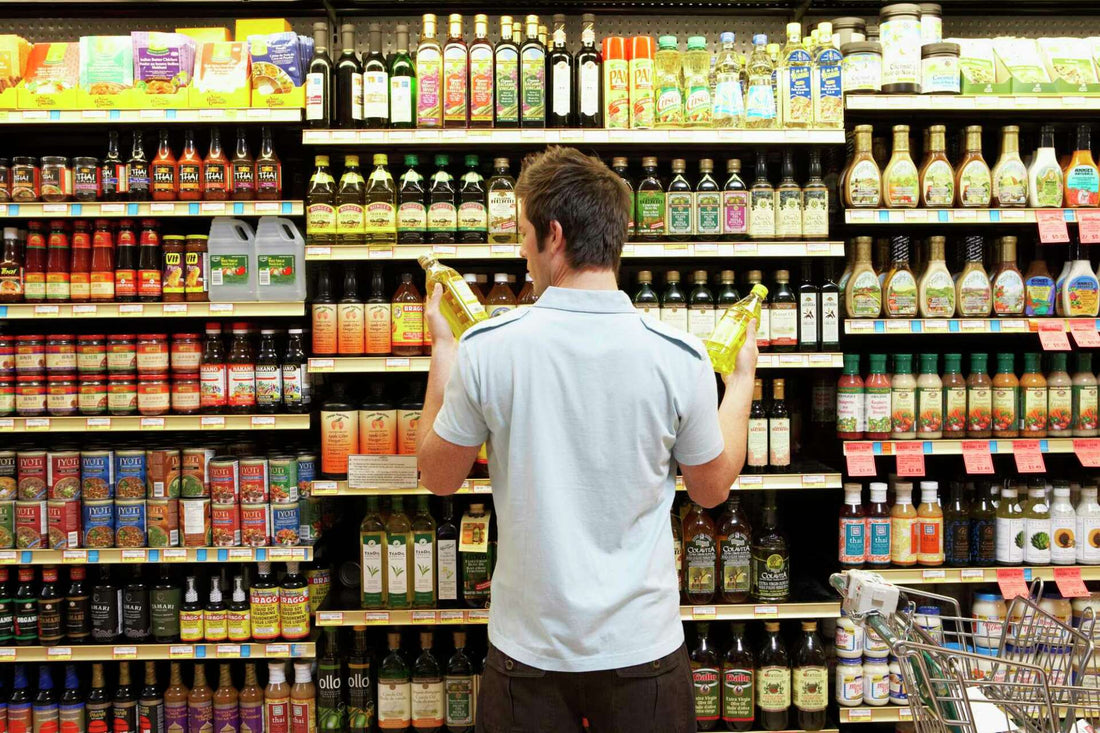Packaging is far more than a protective shell for products; it is a powerful marketing tool that shapes perceptions, triggers emotions, and drives consumer decisions. In today’s competitive marketplace, understanding the impact of packaging on consumer buying behaviour is essential for brands seeking to stand out and build loyalty.
First Impressions Matter
Packaging is the first point of contact between a brand and its potential customers. When shoppers encounter a product, their visual perception within the first 90 seconds is crucial this is when the power of visual fluency comes into play. Attractive packaging can immediately capture attention and create a positive impression, often before consumers even know what’s inside.
A notable trend is “chaos packaging,” where brands use unexpected, unconventional packaging formats like tampons in ice cream tubs or sunscreen in whipped cream cans to disrupt visual norms. This approach not only grabs attention but also goes viral on social media, appealing especially to younger, digitally savvy audiences looking for novelty and shareability.

Key Packaging Elements That Influence Buying Decisions
Color, Shape, Material, Finish
- Color: Colors evoke emotions and signal product value. For instance, blue and grey often communicate trust and reliability, while black is associated with premium, luxury products. Bright colors can create excitement, while green signals eco-friendliness.
- Shape: Unique or ergonomic shapes build curiosity and communicate product benefits, such as ease of use or innovative features.
- Material vs Finish: The texture whether matte, gloss, or embossed affects perceived quality and durability. Premium finishes like embossing or metallic elements suggest higher value and exclusivity.
Information vs Brand Connection
Fonts vs Imagery: Typography and graphics communicate brand personality, whether it’s luxury, modernity, or minimalism. Consistent use of these elements helps reinforce brand identity.
Clear Communication: Packaging should provide clear usage instructions, sustainability messaging, and even QR codes for traceability. Transparency in information builds consumer trust and aids in decision making.
Consumer Psychology and Emotional Influence
Packaging design taps into deep psychological triggers:
- Nostalgia: Retro-inspired packaging evokes positive emotions and familiarity, transporting consumers back to cherished memories. This emotional connection can increase impulse purchases and reinforce brand loyalty.
- Sensation Transference: The sensory feel of packaging its weight, texture, and finish can influence how consumers perceive the quality of the product inside.
- Brain Response: Attractive packaging activates reward centers in the brain, making consumers more likely to purchase. The emotional response to design, color, and texture plays a pivotal role in buying decisions.

Quality Signals and Value Perception
Premium packaging signals high product quality and justifies higher price points:
- Premium Materials: Rigid boxes, embossing, and metallic finishes are associated with luxury and durability, encouraging consumers to pay more.
- Value Perception: Consumers often judge the value of a product based on its packaging. High-quality packaging can elevate perceived product value and set expectations for a premium experience.
- Transparency & Sustainability: Clear messaging about product origin and sustainability standards builds trust and appeals to environmentally conscious consumers.
Packaging as a Branding vs Marketing Tool
Packaging serves as a direct marketing channel at the point of sale:
- Brand Positioning: Colors, icons, and sustainable seals reinforce brand positioning and communicate core values directly on the shelf.
- Marketing Channel: Eye-catching designs, especially chaos packaging, act as visual disruptors, sparking curiosity and encouraging social media sharing. This not only increases visibility but can also drive organic word-of-mouth marketing.
- Consistency: Consistent packaging design across product lines strengthens brand recognition and loyalty, making it easier for consumers to identify and choose your products in crowded retail environments.
Communicating Sustainability through Packaging
- Eco-Friendly Materials: Brands are increasingly using recycled, reusable, and biodegradable materials to align with consumer demand for sustainability1.
- Consumer Preferences: Over 73% of Canadian consumers prefer to buy from environmentally responsible brands, highlighting the importance of green packaging choices2.
- Transparent Messaging: Packaging now features clear sustainability messaging, including QR codes, certifications, and recycling guides, which help consumers make informed, eco-conscious decisions.
Enhancing the User Experience
- Functional Design: Easy-to-open, resealable, and frustration-free packaging designs improve the overall customer experience and convenience4.
- Long-Term Value: Refillable, reusable, and net-zero packaging solutions add value by reducing waste and supporting a circular economy when thoughtfully designed.
- User Satisfaction: Functional and sustainable packaging increases satisfaction and encourages repeat purchases.
Pricing and Perceived Brand Value
- Premium Perception: High-quality, aesthetically pleasing packaging leads consumers to associate products with greater value and are often willing to pay a premium price.
- Psychological Pricing: Beautiful packaging influences how consumers perceive price and quality, often justifying higher costs through perceived luxury and exclusivity.
Current Trends in Packaging

Premium Packaging
- Personalization: Customized packaging with names, messages, or unique graphics creates a sense of exclusivity and strengthens brand connection.
- Luxurious Materials & Textures: The use of premium materials and unique textures elevates brand image and appeals to discerning consumers.
Sustainable Packaging
- Recyclable & Compostable: Brands are shifting to recyclable, reusable, and compostable packaging, often highlighting visible sourcing and using QR codes for traceability.
- Certifications: Eco-labels and certifications on packaging reinforce trust and demonstrate a commitment to sustainability.
Minimalism and Emotional Design
- Clean Aesthetics: Minimalist packaging with bold fonts and uncluttered layouts stands out on shelves and communicates modernity.
- Emotional Appeal: Nostalgic and dopamine-inducing designs evoke positive emotions, increasing consumer engagement and brand loyalty.
Conclusion
Packaging is a powerful tool that influences consumer vision, emotion, trust, experience, and perceived brand value at every stage of the buying journey. By leveraging innovative design, sustainability, and emotional cues, brands can create memorable experiences and foster lasting loyalty.
How Kimecopak Enhances Your Packaging
Kimecopak offers eco-friendly packaging solutions that not only protect products but also elevate your brand’s image and sustainability credentials. Our designs are tailored to enhance visual impact, emotional connection, and user experience while supporting your environmental goals.
Contact Us
Ready to upgrade your packaging? Contact Kimecopak for a sustainable packaging consultation, request samples, or discuss custom design solutions tailored to your brand’s needs.




